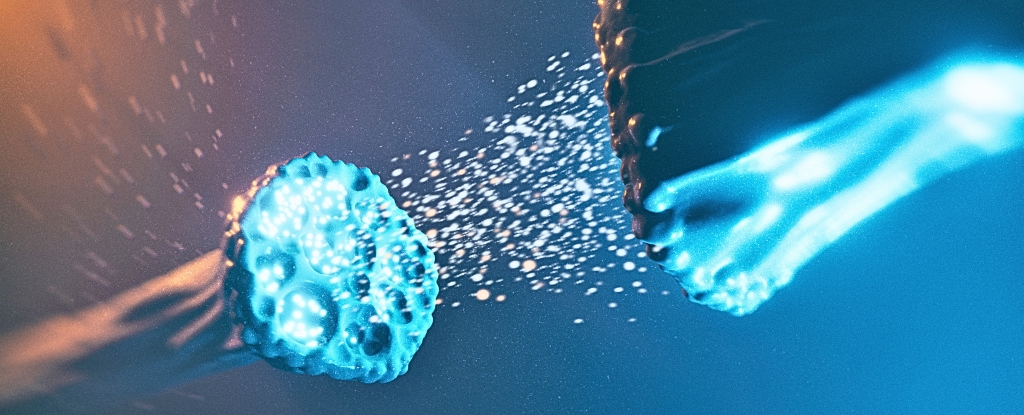Alzheimer's Cure? Lithium Reverses Memory Loss in Mice

New Hope in the Fight Against Alzheimer’s
Recent research has brought new hope in the battle against Alzheimer’s disease. Scientists have discovered a potential link between lithium levels in the brain and the progression of this devastating condition. More importantly, they found that lithium supplements could reverse memory loss similar to Alzheimer’s in mice.
The study was led by a team from Harvard Medical School. Their goal was to explore previous connections between exposure to metals and the risk of dementia. By analyzing hundreds of donated brain tissue and blood samples from individuals with advanced Alzheimer’s, those with early-stage mild cognitive impairment (MCI), and people without any cognitive issues, the researchers tested for dozens of different metals.
One metal stood out: lithium. The researchers observed significant differences in lithium levels among the groups. Reduced levels of lithium were also evident at the earliest stages of memory loss in the samples.
“This idea that lithium deficiency could be a cause of Alzheimer’s is new and suggests a different therapeutic approach,” says Bruce Yankner, a geneticist and neurologist from Harvard Medical School.
Lithium is commonly used to treat bipolar disorder, but this study marks the first time it has been found to naturally occur in the brain. “Lithium turns out to be like other nutrients we get from the environment, such as iron and vitamin C,” Yankner explains. “It’s the first time anyone’s shown that lithium exists at a natural level that’s biologically meaningful without giving it as a drug.”
Further analysis revealed that amyloid-beta protein clumps, which are associated with Alzheimer’s, seem to bind with lithium in the brain. This reduces the amount of lithium available to neurons, potentially accelerating the disease's progression.
To test this theory, the researchers conducted experiments on mice. They found that depriving their brains of lithium significantly increased the clumps of amyloid-beta. The levels of another Alzheimer’s-related protein, called tau, also rose.
However, there was a silver lining. A specific form of lithium, lithium orotate, appeared to avoid being captured by amyloid-beta proteins. When given small doses to mice with Alzheimer’s-like symptoms, the animals showed improved memory function, and signs of cognitive decline were reversed.
Despite these promising results, many questions remain. Alzheimer’s is an incredibly complex disease, and it is still unclear how lithium levels begin to drop or how this leads to dementia symptoms.
Future studies will aim to clarify these mechanisms. Clinical trials are the next major step in this research. In the long run, measuring lithium levels could help diagnose Alzheimer’s earlier, and lithium supplements may serve as a preventive or treatment option.
With the number of people living with dementia increasing globally, there is an urgent need for ways to protect the brain from the severe consequences of this condition.
“Although we must be cautious about applying findings from mouse models to humans, the results so far are very encouraging,” Yankner notes. “We won’t know for sure until we conduct controlled human clinical trials.”
This groundbreaking research was published in the journal Nature.
Post a Comment for "Alzheimer's Cure? Lithium Reverses Memory Loss in Mice"
Post a Comment